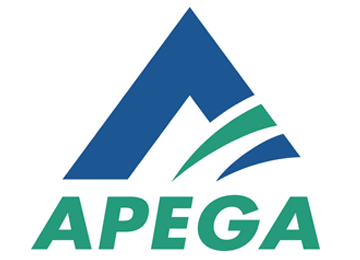
In her decision released on January 26, 2016, Justice Ross of the Alberta Court of Queen’s Bench overturned a 2014 decision by the Alberta Human Rights Commission (AHRC) tribunal regarding the licensure of internationally trained engineers.

In her decision released on January 26, 2016, Justice Ross of the Alberta Court of Queen’s Bench overturned a 2014 decision by the Alberta Human Rights Commission (AHRC) tribunal regarding the licensure of internationally trained engineers.
"The ruling brings clarity on the role of regulators in providing registration practices that are accessible, timely, monitored, transparent, objective and impartial, while making sure that all applicants meet the high standards required to protect the public interest," said Engineers Canada Chief Executive Officer Kim Allen, FEC, P.Eng.
In Association of Professional Engineers and Geoscientists of Alberta v Mihaly, 2016 ABQB 61, APEGA appealed the earlier decision by the AHRC tribunal that found that APEGA’s registration process for international graduates was discriminatory.
The engineer in question—Ladislav Mihaly—had obtained two degrees in Czechoslovakia, but because the schools were not from a jurisdiction with recognized accreditation, APEGA required him to pass three exams to demonstrate that his engineering education would have been equivalent to that of an accredited Canadian engineering program; to pass a professional practice exam that all applicants for registration must pass; and to obtain one year of Canadian experience.
Mihaly alleged—and the AHRC tribunal ruled—that APEGA’s process discriminated against him based on his place of origin.
However, Justice Ross’ decision reverses the tribunal’s ruling, and confirms that APEGA’s application process is fair, equitable and transparent, and that the same rigorous standards should apply to all applicants for licensure as professional engineers.


